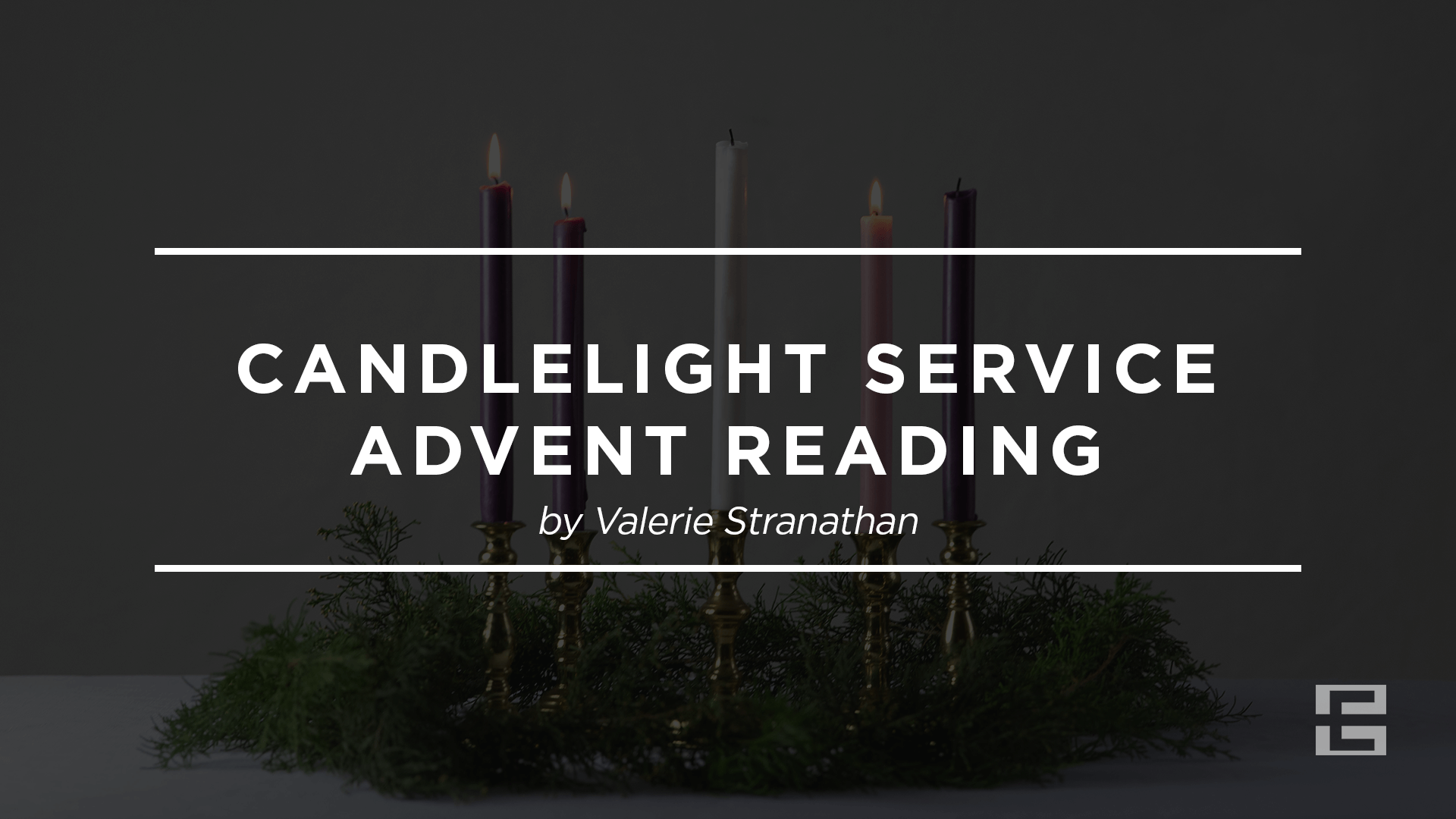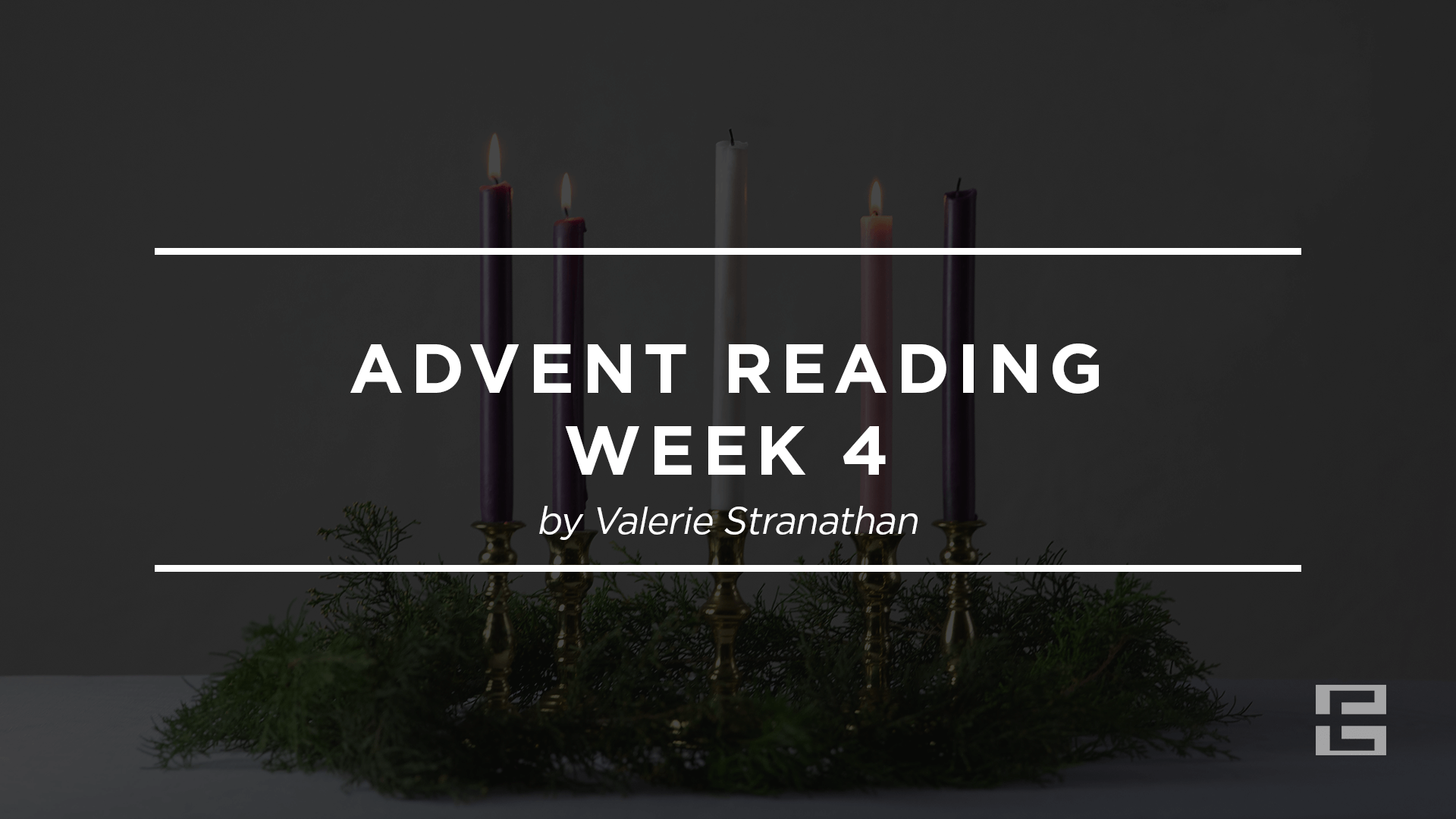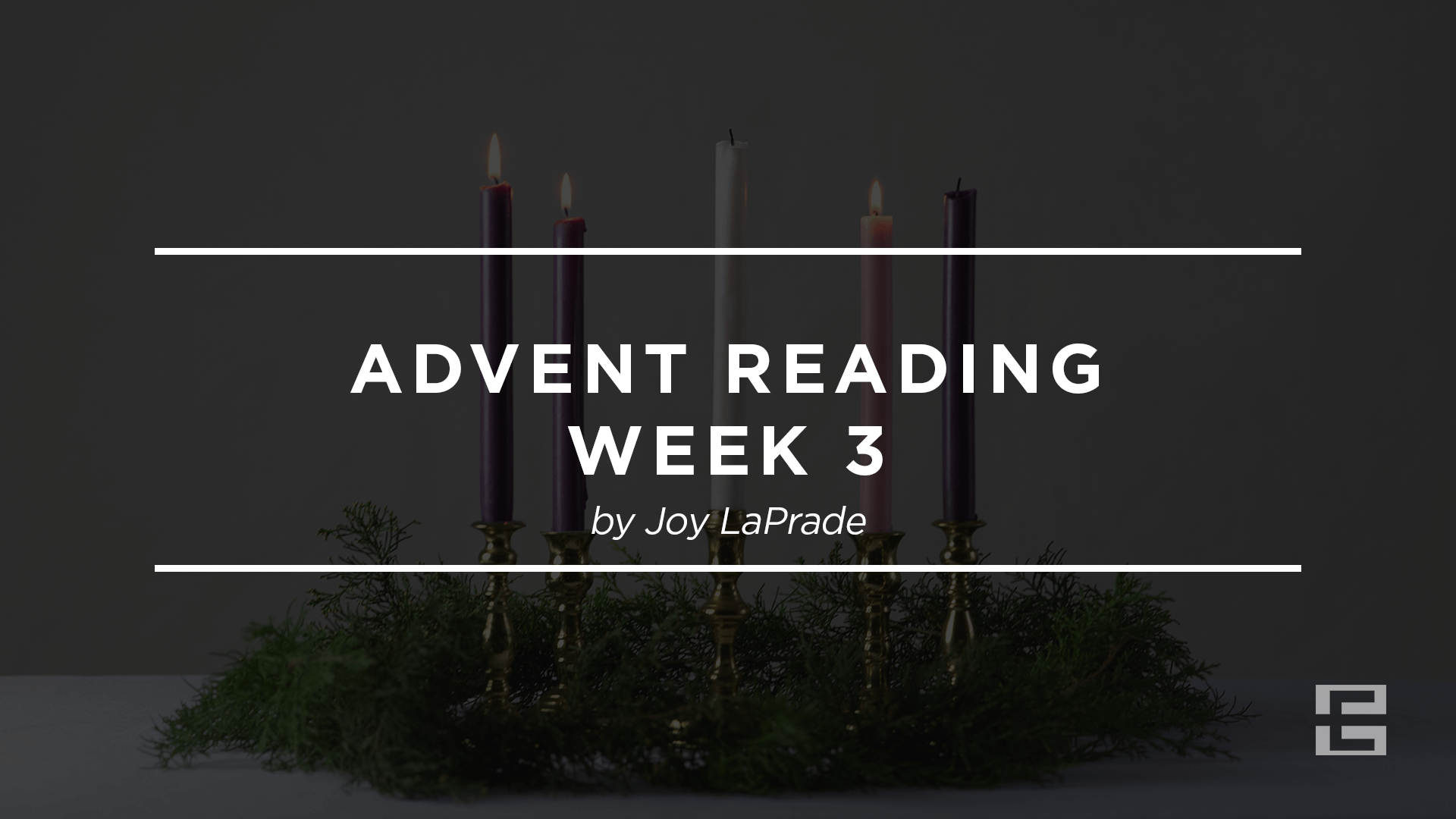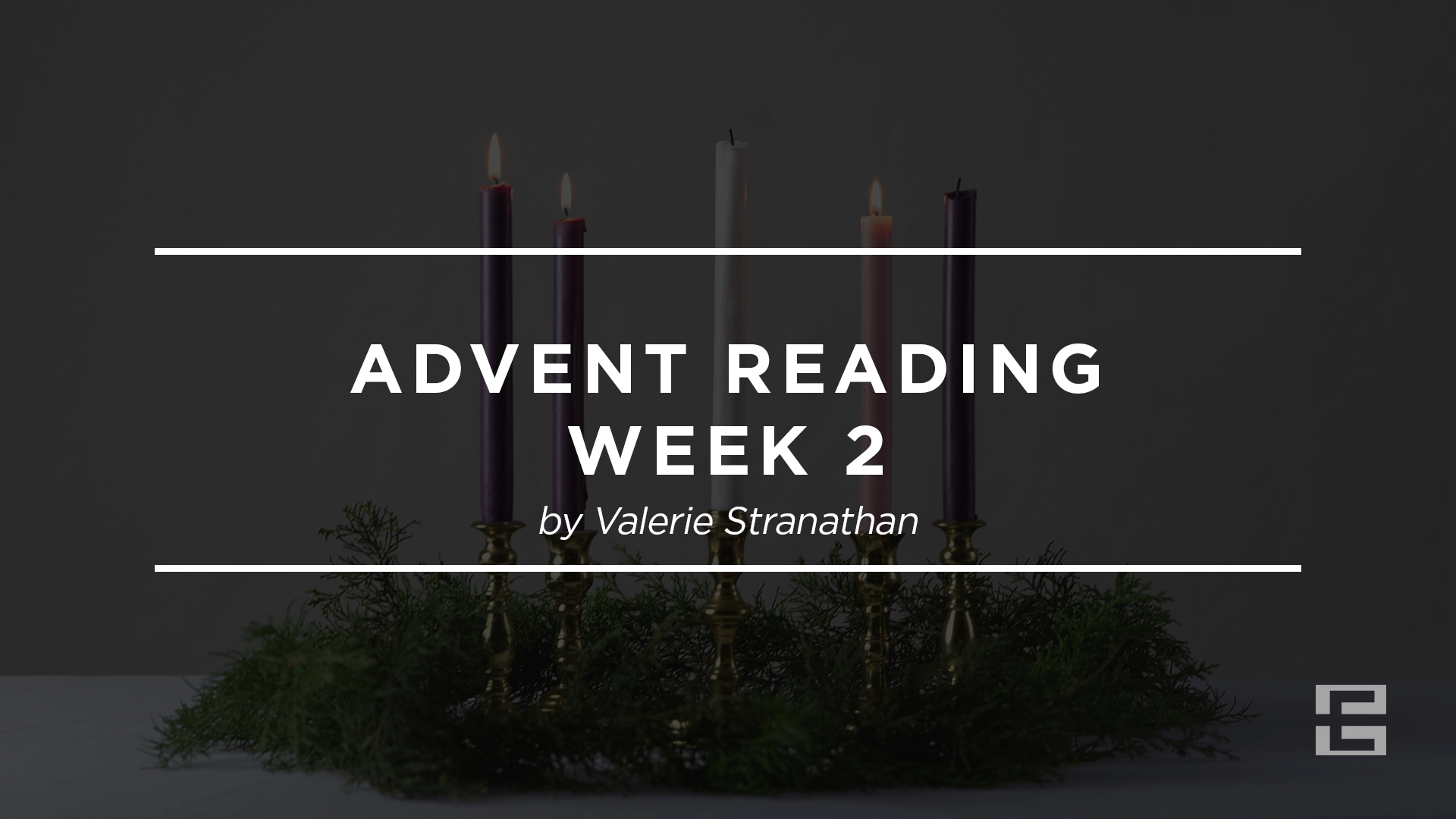“The earth is full of your steadfast love, O Lord; teach me your statutes!”
Over the last few months, my husband and children have spent hours on the living room couch together playing his new video game. The kids are fascinated. The question of the day is, “When are we going to play Zelda again, Daddy?” They spend their time exploring an imaginary world, solving puzzles, searching for weapons and armor, and battling enemies. Although I’m glad they enjoy doing this together, I don’t understand it. What is so attractive about this game?
I’ve asked a similar question as we’ve been reading Psalm 119. Over and over, the Psalmist writes of his love for God’s law. What is so attractive about the law? What would make someone write 176 verses worth of praise for the rules?
I didn’t see any connection between a video game and the Bible until I came across verse 64: “The earth is full of your steadfast love, O Lord; teach me your statutes!”
The Psalmist, I believe, is expressing the same yearning as my children—a desire to behold and participate in a world that is charged with potential and possibility, where unexpected beauty might be discovered at any moment. The Psalmist trusts that learning God’s rules will allow him to see something wonderful. Learning God’s rules will reveal God’s heart towards him, and it will reveal God’s work in the world, bringing to light beautiful and hidden truth. You might say the Psalmist is asking to be taken into an adventure.
“Really?” You might be questioning whether there’s any similarity here at all. What does learning God’s law have to do with the imaginary world of a video game? In fact, the Psalmist himself points us in this direction by the way he speaks of the law.
Psalm 119 overturns our conception of the law as merely a list of rules. It’s more than the 10 commandments, more than a checklist of behaviors. The range of words the Psalmist uses to describe the law—“statutes,” “testimonies,” “precepts,” and so on—encompasses all the things God has spoken to his people, his promises and warnings, his self-revelation, his expressions of love through his covenant.
We tend to think of the law as just a set of instructions we can use to avoid suffering or to earn a reward, though this thinking is theologically unsound. For the Psalmist, however, the law is a treasure in itself. He sees it as the gateway into a place of freedom, where we can know God and the delight of relationship with him.
For the uninitiated, “Zelda” is a role-playing game that invites you to explore a magical and potentially dangerous world. It’s a process of looking for hidden items and weapons and learning how to use them, of solving puzzles and exploring mysterious areas.
This is what my kids enjoy: they see a vast and unexplored world, filled with magical and hidden objects. They know there are rules and principles that will allow them to discover and enjoy all those hidden treasures, and lead them into further adventures. My kids want to participate in the joy of discovery. They trust there are new, beautiful, mysterious things to be seen. This is what the Psalmist desires as well: “Open my eyes, that I might behold wonderful things in your word!”
Knowledge of God’s law enchants God’s world for us. When we learn God’s statutes and precepts, they incline our heart to what is beautiful, they open our eyes to what is glorious and true, bringing us out of darkness and death and into a place of life and freedom.
When we are not trusting God’s testimony about himself, we see his law as an unwanted restriction to our freedom. When we are not trusting Jesus, we pridefully see God’s law as something we can follow by our own strength. We work anxiously to earn rewards from God and avoid his punishment. Fear, not love, drives us to learn the rules.
But for the Psalmist, and for all of us in Christ, God opens our eyes to see his commands as the expression of his love for us and his and heart towards us. God’s law speaks of his desire to give us life and joy and freedom, to bring us to a place of rest and delight in his presence.
The Psalmist knows that all creation speaks of God’s goodness: “The earth is full of your steadfast love.” He also knows that he will not be able to perceive this unless God grants him eyes to see these hidden glories. So he prays, “Teach me your statutes,” because he knows that God reveals himself to us through his word.
In the law, God reveals himself to us as the one whose promise gives life. God gave us his statutes so we would know that he will be gracious to us according to his promise.
God has given us his law so we might have hope in his faithfulness, not in our obedience.
God’s word illuminates the world around us, revealing to us his grace in the seemingly mundane details of life. We see his hand in our day-to-day, we look back on our past and recognize his grace.
The law also invites us to look to our future with hope and eager expectation. It tells us that we are not in control of our life. But this knowledge leads to rest, for it is God’s steadfast love that will determine our path, not our efforts.
My kids see the world of Zelda as an opportunity for exploration; they want to learn the rules so they can discover and enjoy what is hidden there. In a similar way, God has given us his rules so we can see who he is and where he is at work, so we can enjoy his presence.
Instead of telling us what we must do, which leads to fear, the law speaks to us of what God will do, which leads to joy.
God’s commands are not a set of rules confining us to a limited area; they are the gateway into a broad place of freedom, into a place where we can run with delight, because our hearts have been set free.



